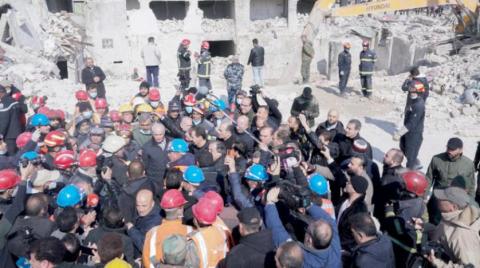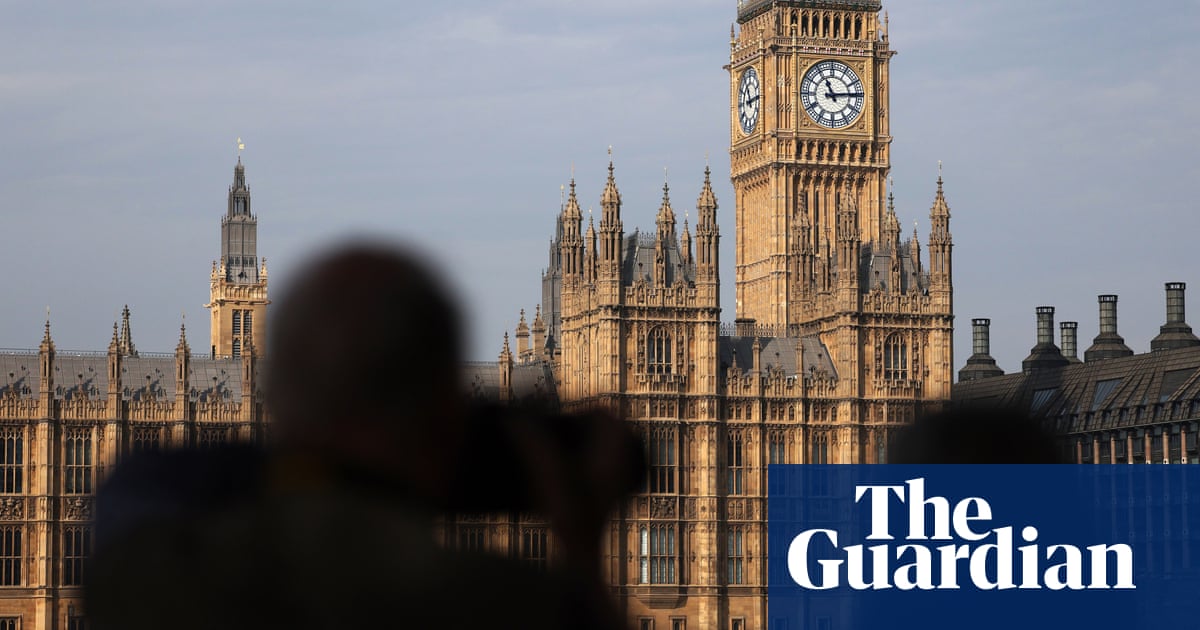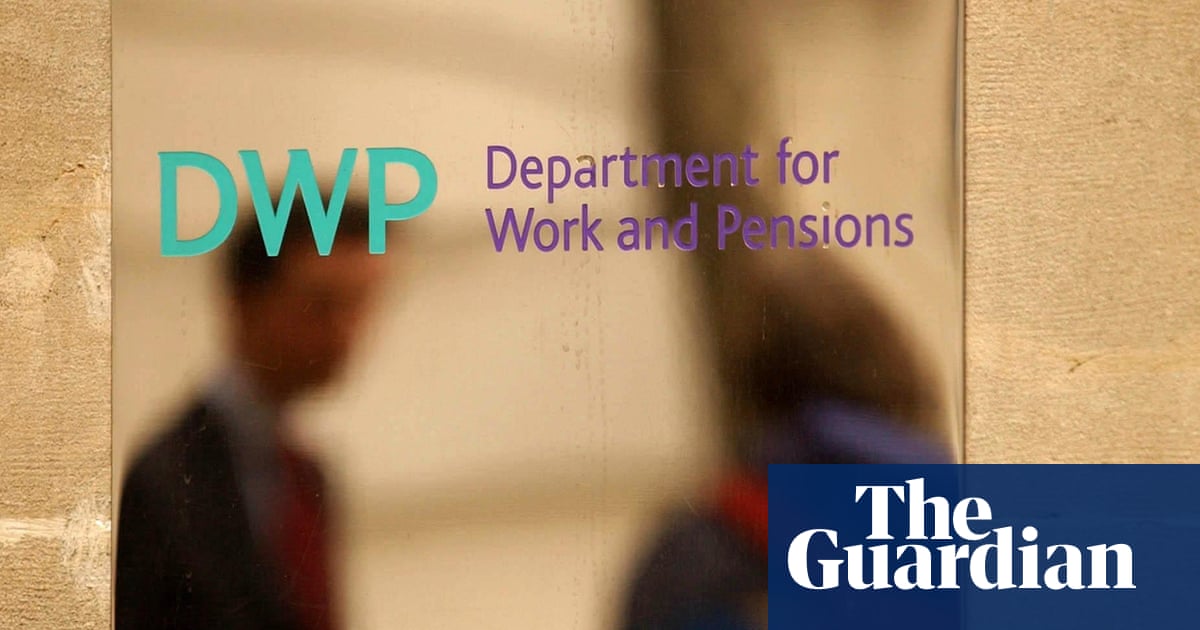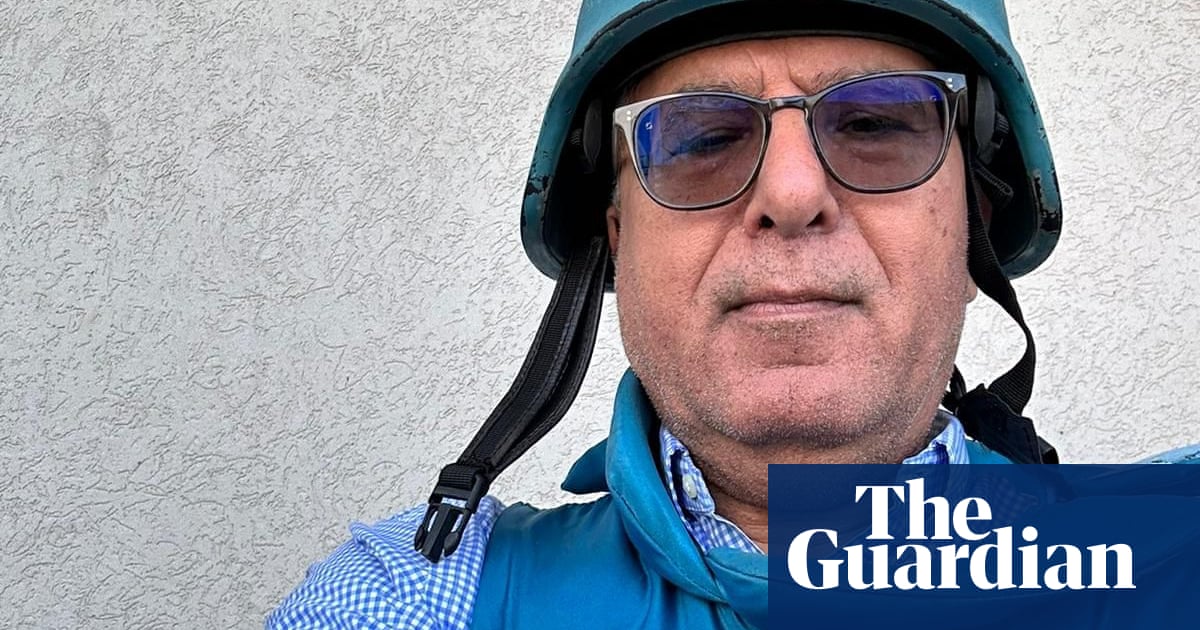
France’s interior minister has accused the British government of showing a “lack of humanity” when it comes to helping the Ukrainian refugees who have fled the Russian invasion and are now waiting in Calais for permission to join their families in the UK.
According to the French interior minister, Gérald Darmanin, 400 Ukrainian refugees have presented themselves at Calais border crossings in recent days – only for 150 of them to be told to go away and obtain visas at UK consulates in Paris or Brussels.
In a letter to the UK home secretary, Priti Patel, Darmanin called on the British government to set up a proper consular service in Calais, adding that its response so far was “completely unsuitable” and showed a “lack of humanity” towards refugees who were often “in distress”.
In the letter, seen by the Agence France-Presse news agency, Darmanin wrote: “It is imperative that your consular representation – exceptionally and for the duration of this crisis – is able to issue visas for family reunification on the spot in Calais.”
However, Patel insisted people were not being turned back. The home secretary said: “Let me just correct what has been said by the French government. The British government is not turning anybody around or turning anybody back at all.”
Patel said the UK was “doing everything possible” to speed up efforts to grant visas to Ukrainian refugees as it was revealed that only about 50 had been granted under the Ukraine family scheme by 10am on Sunday. A total of 5,535 online applications had been completed and submitted online and 2,368 people had booked a visa appointment to submit their application and biometric information, the government said. The Home Office said another 11,750 people had started but not completed an online application.
Asked if it was acceptable that only 1% of submitted applications had been granted in the first 48 hours of the visa scheme, Patel said: “Let’s be clear, this is the first scheme in the world that’s up and running in this short period of time.”
She added: “I have staff in Calais to provide support to Ukrainian families that have left Ukraine to come to the United Kingdom. It is wrong and it is inaccurate to say that we are not providing support on the ground. We are.”
Although an extended visa scheme to allow more people from Ukraine to join relatives in the UK has been launched by the government, plans for a humanitarian refugee scheme to help those without family ties in Britain have yet to be announced.
Darmanin’s letter to Patel comes months after a new surge in post-Brexit tensions between the two countries after the drowning in November of 27 people trying to cross the Channel in a small boat.
“Our coasts have been the scene of too many human tragedies,” Darmanin told Patel, alluding to the risk that Ukrainians could seek to cross clandestinely by sea if they did not obtain visas.
“Let’s not add to that those Ukrainian families,” he said. Darmanin told French radio he had contacted Patel twice requesting that the UK set up a consulate in Calais, adding that it was “incomprehensible” that the UK was able to provide such services on the ground in Poland on the Ukrainian border but could not do so in its closest neighbour, France.
The deputy prime minister, Dominic Raab, said the government was not prepared to “just open the door” because that would “undermine the popular support” for helping Ukrainians and therefore hurt “genuine refugees”.
“We need to make sure that we’re acting for those who need our support,” Raab told the BBC’s Sunday Morning show. He said up to 200,000 Ukrainians with family links to the UK could apply for a visa and that a second route, yet to be launched, allowing businesses, charities and individuals to sponsor Ukrainian refugees would be uncapped.
Immigration lawyers in the UK have written to the government calling on it to accelerate the launch of a humanitarian route for refugees and requesting visa requirements to be lifted for all Ukrainians seeking to come to the UK.
The Immigration Law Practitioners’ Association wrote that the current policy was “piecemeal” and was causing “confusion, uncertainty, further distress, and impediments to access to safety in the UK for an already vulnerable group of people”.
Several people said they had encountered difficulties as they attempted to apply for the family visa. One applicant said his family had been asked to send supporting documents by post to Budapest, another told the Guardian they were having difficulty uploading documents to the website, while another said they had called the helpline and were put through to a recorded message stating that the office was only open between Monday and Thursday.












